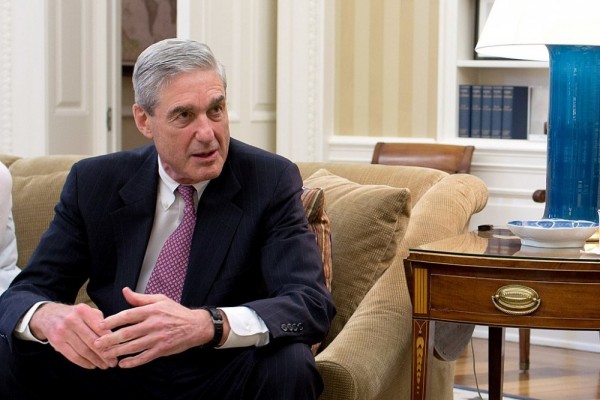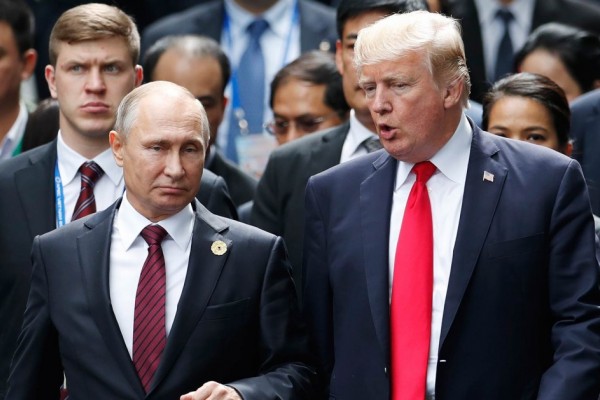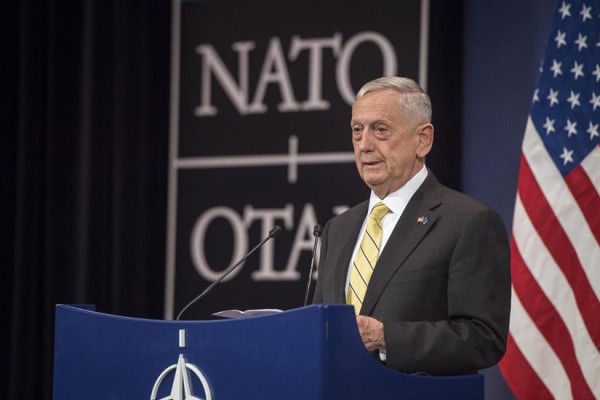-

Why is a monument commemorating a Nazi SS division still standing outside Toronto?
Few Canadians may be aware that the cenotaph at the St. Volodymyr Cemetery in Oakville honours the Ukrainian Galician Division of the Waffen-SS. Fewer still may connect it with a more insidious form of far-right nationalism—one that quietly glorifies Nazi collaborators while giving credence to a far-right brand of historical revisionism.
-

The right-wing checkpoint for Canada’s intervention in Ukraine
Canada’s policy of providing Ukraine military aid has been disproportionately shaped by both Ukrainian far-right nationalism and the domestic right-wing lobby in Canada. The far-right in Ukraine holds a degree of military power and a corresponding threat of violence that surpasses that of other comparable European ultranationalist organizations.
-

Capturing the horror of war in Beanpole
Opening at the Film Forum in New York City Beanpole is a Russian film set in Leningrad just after the Second World War has ended. In addition to the shattered buildings left behind in the 900-day siege, there are also shattered human beings who survived by their wits and a stubborn desire to enjoy a normal life once again.
-
NATO: 70 years too many
Since its foundation in 2009, the international network “No to War – No to NATO” has successfully managed, through various actions, to reduce support for NATO among the population in key states, and even to delegitimize NATO. Our objective remains the same: to overcome the dinosaur named NATO and to replace it with an international organization for collective security and disarmament.
-

Debasing US policy discourse about Russia
Baseless and reckless tropes about Russia, Cohen points out, have proliferated in the US political-media establishment during the new Cold War, and even more since Russiagate allegations began to circulate widely two years ago, in mid-2016. The worst of these tropes—in effect an incitement to war—is that “Russia attacked America during the 2016 presidential election.”
-

Neither Washington nor Moscow: Five reasons progressives must be wary of playing Putin’s game
As early as 2003, when I marched through the streets of London alongside hundreds of thousands of others to protest the war in Iraq, I was aware that if it were my family being bombed by Russia, my friends being expelled from their homes, I would be marching alone. My fellow activists, would by and large, stay at home. And then, as now, I found that very painful.
-

The Very Best Day
In the forthcoming election on March 18th, what is actually on offer is not the election of a peacetime president, but of a Supreme Commander; the type of leader who, in wartime, like Churchill or Stalin, cannot promise anything else but “blood, sweat and tears.” The figure of Putin, as it were, rises above economic and social policy, thereby transferring that obligation to the competence of government technocrats. Putin is the leader of the nation, primarily responsible for issues of war and peace.
-

Liberals launch ‘largest mobilization in history’ in defense of Russiagate probe
It is shocking to watch how this political manipulation seems to make people who claim to care about the rule of law now want to bury this case of surveillance targeting Carter Page based on the ostensibly specious Steele dossier. This is the one case unique in coming to light among tens of thousands of FISA surveillances cloaked forever in secrecy, given that the FISA system lacks the checks on abusive authority that inherently exist in the criminal justice process.
-

The scary void inside Russiagate
Politics and policy should never be over-personalized; larger factors are always involved. But in these unprecedented times, Tillerson may be the last man standing who represents the possibility of some kind of détente. Apart, that is, from President Trump himself, loathe him or not. Or to put the issue differently: Will Russiagate continue to gravely endanger American national security?
-

Why is the US media and foreign policy establishment targeting Russia?
The antagonism towards Russia by U.S. mainstream media and foreign policy elites goes far beyond allegations of Russian interference in the last Presidential elections. Paul Jay of the Real News Network interviews Lawrence Wilkerson, the retired United States Army Colonel and former chief of staff to United States Secretary of State Colin Powell.




